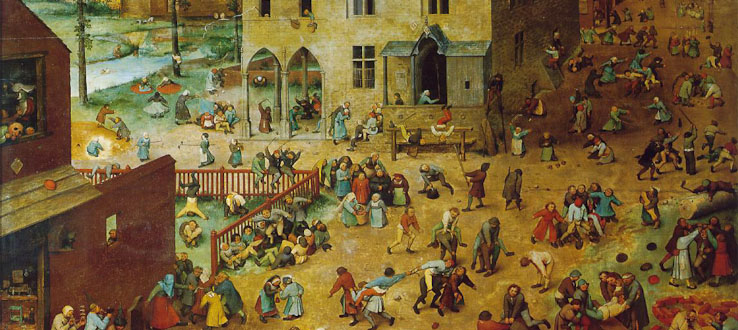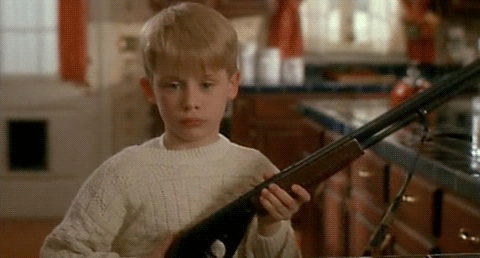Making the restraints on man legitimate
- so Rousseau was all about "man was born free, but everywhere he is in chains." He wanted to make sure that the "chains" were legit.
- the chains become legit:
- when people are willing to give up their rights to society, contrary to being forced to give them up
- when natural rights are forsaken for the social contract which ensures a different kind of right---> the right of societal unity
- natural rights/ milk into social contract/processing machine into societal rights/cheese
- cheese is still a form of milk just as the rights guaranteed by the social contract are still a form of rights

- man must transfer his natural rights to the community. the community enforces the same conditions for everyone thus no one will try to make equality worse for the members of the community because he would then be making things worse for himself
- if social contract is violated, man gets his natural rights back
- Is this a suggestion for a strong government?
- we don't have enough information yet to come to a conclusion but it is an idea to keep in mind
- possibly because it creates a untied force that seems powerful
- Is this what the government should be doing or is this a social standard for society?

(me this entire class)
- man has free will and should have it according to Rousseau until that will becomes harmful to the state then"Whoever refuses to obey the general will shall be forced to obey it by the whole body politic, which means nothing else but that he will be forced to be free." - which means he will be cut loose from the perfect society
- is there a Socialism vibes?
- Brielle says yes because its giving up everything for the greater good
- but it's more likely no because socialism usually gives things out for free (like college), it doesn't take things from all people

- the general will is to protect the members of society from harmful things. in doing this people are protected from being killed randomly. General will institutes laws that members must follow for the greater good.
- Can individuals revolt?
- Being forced to be free--> the combination of everyone giving up their natural rights and then obtaining rights that unify them and then looking down on people who stray from the unified bunch is what it means to be forced to be free. it deals with negative and positive liberty
- negative liberty--> "freedom from"
- positive liberty--> "capacity to"
- for example, with the social contract an individual does not have the positive liberty to commit murder and the other members have the negative liberty of the threat of murder
Indivisible, Inalienable Sovereignty
- sovereignty--> not the people, it is the ruling power
- general will alone may direct the forces of the State to achieve common good
- the government is split into what is equivalent to the U.S. President's cabinet. it has members assigned to specific tasks, for example foreign relations
- Did Rousseau believe that this system worked?























